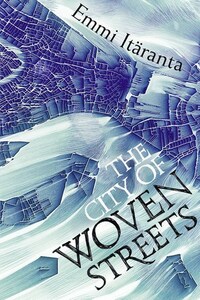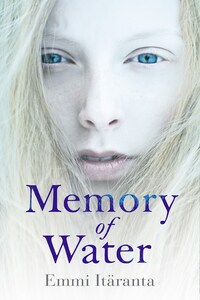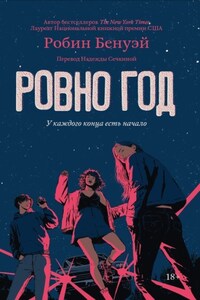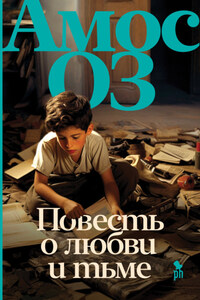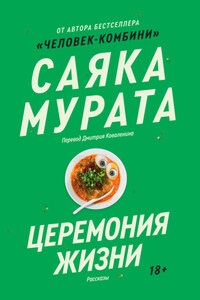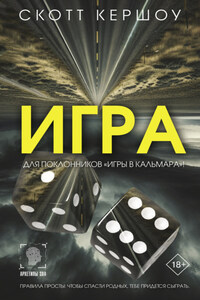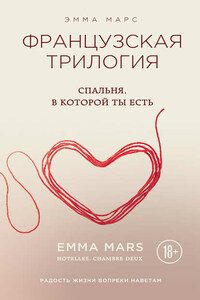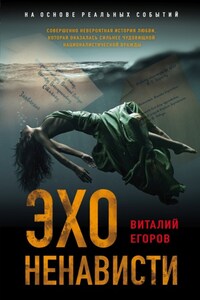HarperVoyager
An imprint of HarperCollinsPublishers
1 London Bridge Street
London SE1 9GF
www.harpercollins.co.uk
First published in Great Britain by HarperVoyager 2016
Copyright © Emmi Itäranta 2016
Cover design by Alexandra Allden © HarperCollinsPublishers Ltd 2016.
Cover illustration © Istvan/ Chaotic Atmospheres.
Emmi Itäranta asserts the moral right to be identified as the author of this work
A catalogue record for this book is available from the British Library
This novel is entirely a work of fiction. The names, characters and incidents portrayed in it are the work of the author’s imagination. Any resemblance to actual persons, living or dead, events or localities is entirely coincidental.
All rights reserved under International and Pan-American Copyright Conventions. By payment of the required fees, you have been granted the non-exclusive, non-transferable right to access and read the text of this e-book on-screen. No part of this text may be reproduced, transmitted, down-loaded, decompiled, reverse engineered, or stored in or introduced into any information storage and retrieval system, in any form or by any means, whether electronic or mechanical, now known or hereinafter invented, without the express written permission of HarperCollins e-books
Source ISBN: 9780007536061
Ebook Edition © 2016 ISBN: 9780007536085
Version: 2016-05-11
I still dream of the island.
I sometimes approach it across water, but more often through air, like a bird, with a great wind under my wings. The shores rise rain-coloured on the horizon of sleep, and in their quiet circle the buildings: the houses grown along the canals, the workshops of inkmasters, the low-ceilinged taverns. The House of Words looks inward behind its high walls. Threads knotted into mazes run in all directions from the House of Webs, and air gondolas are suspended on their cables, dead weights above the streets.
At the centre of the island stands the Tower, smooth and blind. A sun of stone glows grey light at the pinnacle, spreading its sharp ray-fingers. Fires like fish-scales flicker in the windows. Sea is all around, and the air will carry me no longer. I head towards the Tower.
As I draw closer, the lights in the windows fade, and I understand they were never more than a reflection. The Tower is empty and uninhabited, the whole island a mere hull, ready to be crushed like a seashell driven to sand and carved hollow by time.
I also understand something else.
The air I am floating in is no air at all, but water, the landscape before me the seabed, deep as memory and long-buried things.
Yet I breathe, effortlessly. And I live.
Amber would sometimes wash ashore on the island; it was collected and shipped across the sea. As a child I once watched a jewel-smith polish it on the edge of the market square. It was like magic, one of the stories where ancient mages span yarn from mere mist or gave animals a human tongue. A sweet smell arose from the amber, the smith dipped the whetstone in water every once in a while, and in his hands the murky surface turned smooth and glass-clear. He handed the orange-yellow lump to me, and inside I saw an insect frozen in place, a mayfly smaller than the nail of my little finger. Its each limb, wing and antenna was so easy to imagine in movement that I believed it was still alive, ready to whirr and fly, when the hard shell would be broken.
Later I learned that creatures captured in amber cannot be freed. They are images of the past, fallen outside of time, and it is their only existence. When I turn the past before my eyes, I think of the mayfly. I think of the translucent brightness guarding it and distorting it. Its wings will not vibrate, it will never turn its antennae. Yet, when light pierces the stone from a new angle, the mayfly seems to morph into another. And in the posture stalled long ago is already written what will come later.
Likewise, this present already grows in my past that first night, when I see her.
She is lying on the smooth stones, face down, and it takes me a moment to understand she is not dead.
There is blood. Not everywhere, but a lot of it. She is still, like those who have stopped breathing are still. A red, glistening pool is spreading under her head; the ends of her hair are swimming in it. I see a rust-coloured streak on the hem of her dress and imagine the rest: a sticky trail running down the front of the garment, as warm as her mouth at first, before the air cools it down. The thought of the pain behind the blood twists my gut. I push it away, to where I am used to enclosing everything I cannot show.
There are not many of us yet. When the others move to make space for me, their glow-glass spheres tilt and hover in the dusk, and the pale light catches on the creases of their palms, on the coral amulets around their necks. Above the hands their faces are frightened or curious, I cannot tell which. Perhaps both. They are all younger than me, mostly first- and second-year weavers. I think of soft-bodied sea creatures, of how they slip away when something bigger comes too close.
